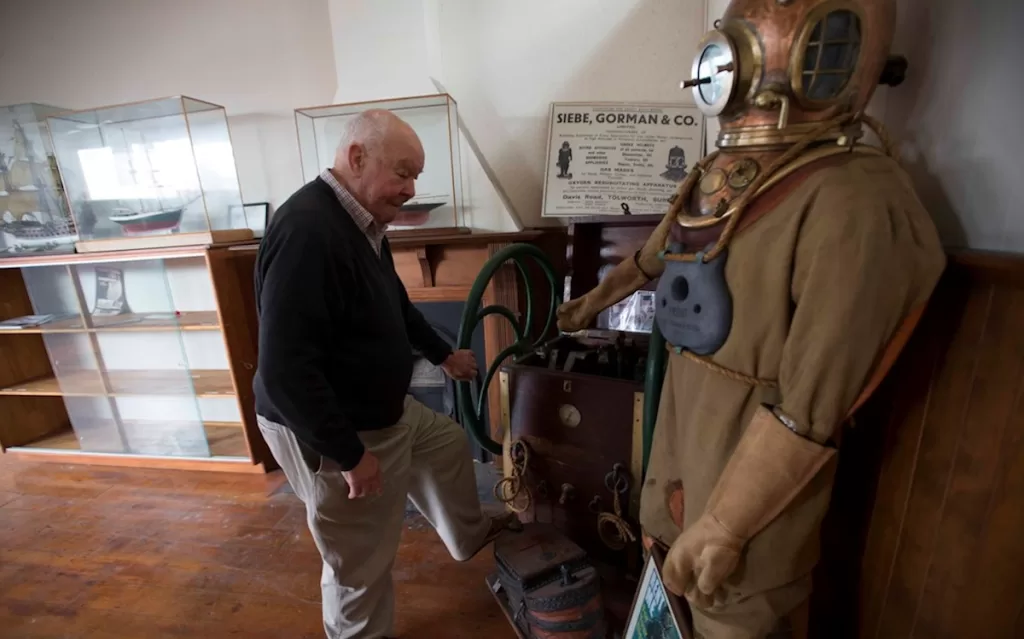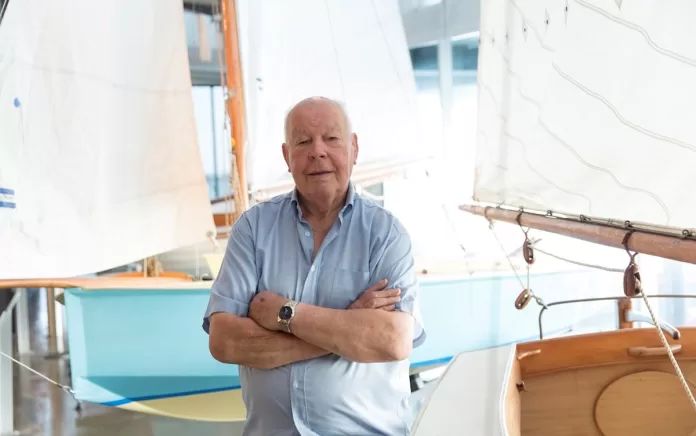John Street, former chairman of the Boating Industries Association of New Zealand, has died aged 87.
John, who worked at the Fosters Ship Chandlery in Auckland for more than 50 years, also contributed to New Zealand yachting in many ways.
He took an active interest in the restoration of New Zealand Yachting heritage, including Waitangi (1894) and Ethel (1896).
He also helped establish the New Zealand Maritime Museum, supported the Boating Industries Association, helped introduce the annual Tug Boat race as part of the Auckland Anniversary Regatta, in addition to lobbying for the restoration of the Percy Vos Heritage Boat Yard.
Unjust and fatal attack
In 1979, as chairman of the Boating Industries Association, he lobbied against Robert Muldoon’s 20% boat tax as he felt it was an unjust and fatal attack on an industry which was just beginning to develop export markets.
At the time he said: “We did a survey of the boatbuilding industry and found that the tax was demolishing around 83% of it.”
And he explained that tradespeople were moving overseas or transferring into other trades such as cabinet making, so there was a vacuum of apprentices.
The original Fosters Ship Chandlers was a marine and engineer supply business established in 1907.
John began working at the chandlery in 1959, eventually taking over the company from his father.

During his time there, he curated displays of historical objects and relics inside the store to showcase the building’s history, attracting local and international visitors alike.
Over the years, he saw many significant developments in the maritime industry.
“When I first started working at Fosters all the boats were made out of wood,” he said in 2019. “There was no such thing as fibreglass, let alone aluminium, or carbon fibre, or even steel apart from commercial vessels.”
In 2017, he gifted an eclectic collection of nautical objects that had helped to shape Auckland and New Zealand’s maritime industry to the Maritime Museum.
Objects include a 1940s era diving suit, the store’s original cash register and an anvil from the blacksmiths who supplied Fosters with wrought iron and steel products.
“I’ve kept all these items as a collection because I think it’s an interesting and important bit of history,” he said at the time.




